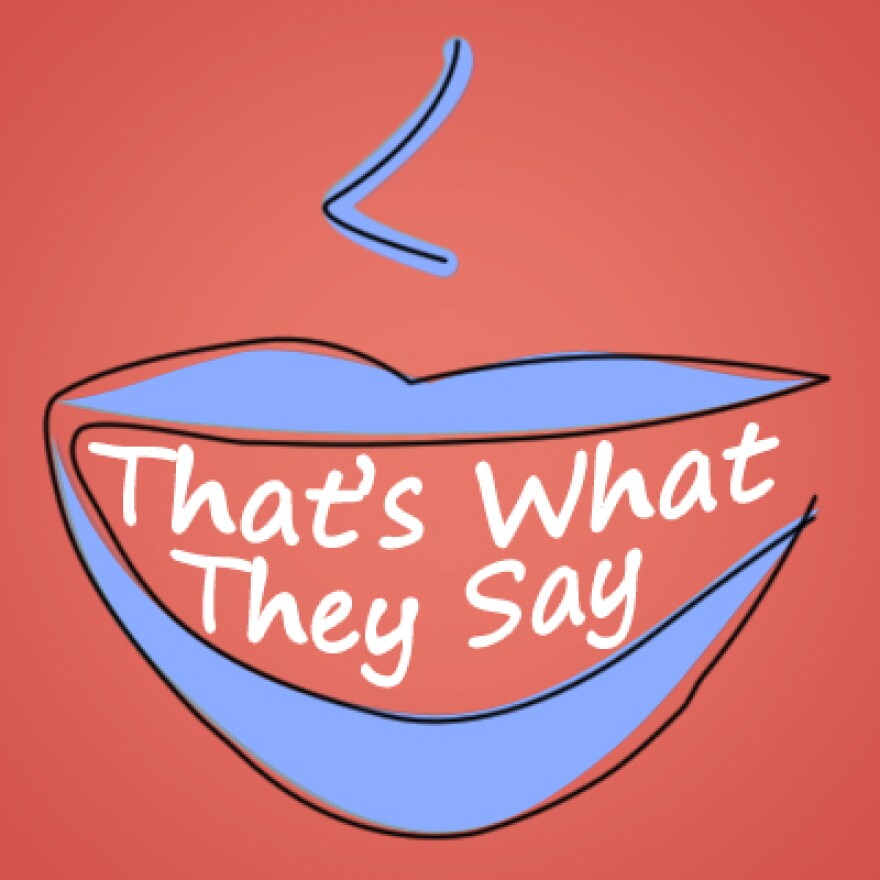Most people agree that a myriad is a lot, but there’s less agreement about how to use myriad correctly.
On this week’s edition of That’s What They Say, Host Rina Miller and University of Michigan English Professor Anne Curzan examine three words that mean a lot—myriad, plethora and ton.
When choosing between myriad possibilities and a myriad of possibilities, which phrase is correct?
“Myriad of is older than myriad with the noun,” Curzan explains. “Myriad comes into English in the 16th century when the word originally means 10,000, a specific number.” The word changed from referring to 10,000 of something, to meaning a countless number of something.
When myriad first appeared in English, it was always plural and followed by of, such as many myriads of men. Then, in 1609, the singular form of myriad was first used, followed again by of. This allowed for phrases like a myriad of bubbles. Finally, in the 18th century, the noun was first dropped from the phrase. At that time, the saying myriad beauties was then considered correct.
Today, both phrases are used. Although myriad of is a bit more common than myriad followed by a noun, either expression can be used.
How about plethora, another word that means a lot? When plethora was introduced to the English language, it meant an overabundance of things. First plethora referred to an overabundance of the humors or of blood, then it signified a dangerous or unwanted excess.
Today, plethora is not only used negatively. If you are happy to have options, you may say you have a plethora of choices. Although this may be ahistorical, it is not necessarily incorrect.
The word ton is similar. Ton technically specifies 2,000 pounds, but it is now used as another synonym for a lot.
How do you use these words? Let us know by leaving a plethora of comments on our website or our Facebook page.
-Clare Toeniskoetter, Michigan Radio Newsroom





